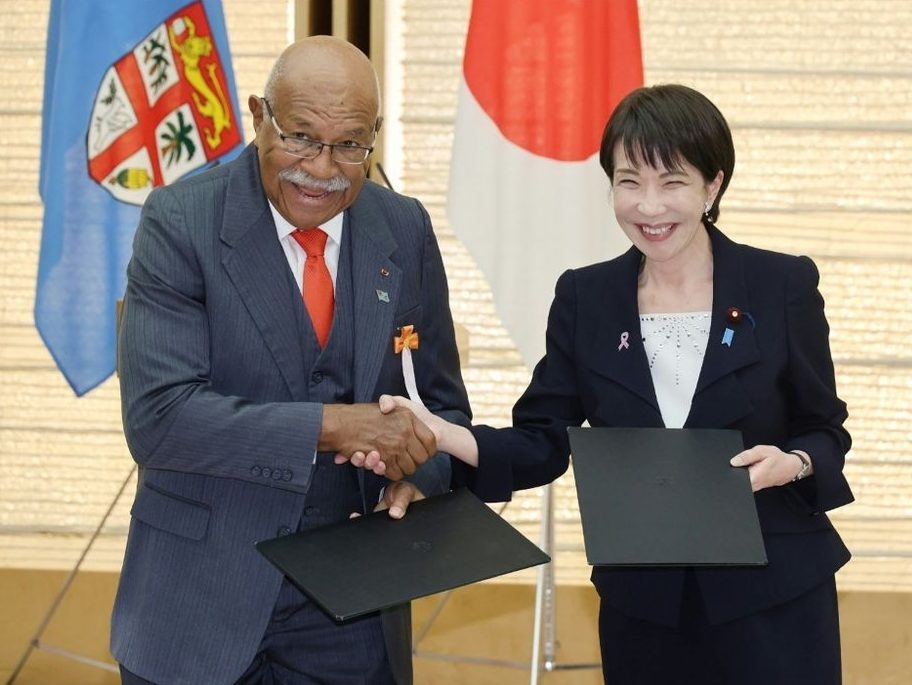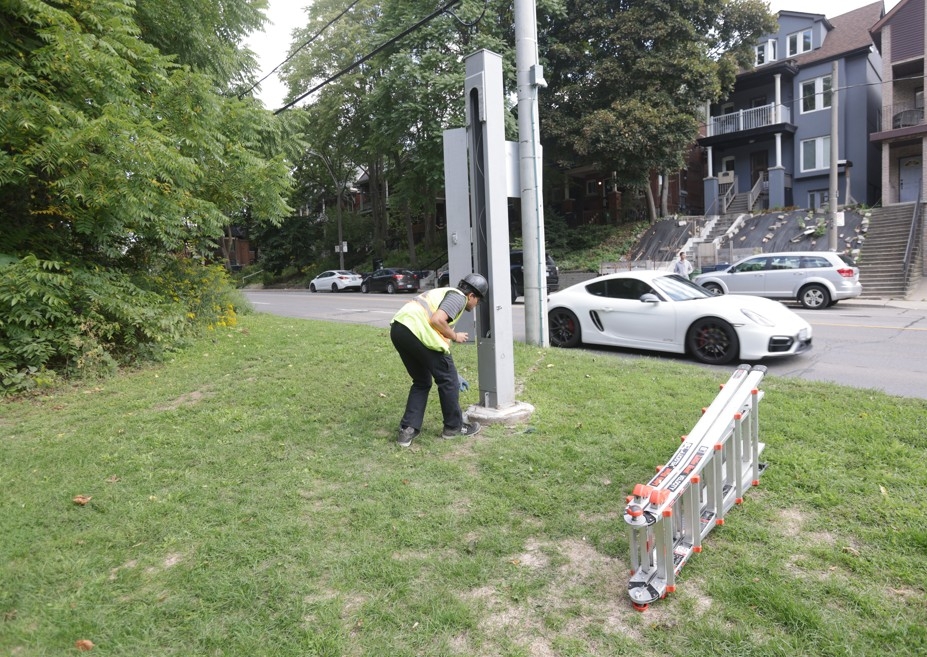Japan’s newly appointed Prime Minister Sanae Takaichi revealed a startling personal habit: she functions on a mere two to four hours of sleep each night. The admission came during a legislative committee hearing, a moment that amplified existing concerns about her approach to work and worker wellbeing.
The discussion surrounding her sleep schedule followed a recent incident that sparked initial criticism. Takaichi had scheduled a staff meeting for 3 am, a move perceived by many as indicative of a culture that prioritizes relentless work over personal health.
“I sleep about two hours now, four hours at the longest,” she confessed to the committee, adding with a touch of self-awareness, “I feel it’s bad for my skin.” The statement arrived while she was being questioned about Japan’s ongoing struggle to reduce its notoriously long working hours.

Japan has historically faced immense pressure to prioritize work, a societal norm that has tragically resulted in a uniquely recognized phenomenon: “karoshi,” or death from overwork. This context casts a long shadow over the Prime Minister’s own habits and policies.
Takaichi also addressed concerns regarding potential government discussions about raising the legal limit for overtime work, framed as a strategy to stimulate economic growth. She argued that a one-size-fits-all approach doesn’t account for the diverse needs of both workers and businesses.
She pointed out that some individuals rely on multiple jobs to secure a livelihood, while companies often enforce strict limitations on extended work hours. Takaichi insisted that any adjustments to overtime regulations would prioritize the health and safety of the workforce.
Despite acknowledging the importance of worker wellbeing, Takaichi articulated an ideal scenario where individuals could seamlessly integrate work with personal responsibilities, leisure activities, and adequate rest. This vision, however, appears at odds with her own demanding schedule and public pronouncements.
Takaichi ascended to the position of Prime Minister last month, becoming Japan’s first female leader. Her initial statements signaled a clear intention to challenge conventional notions of work-life balance.
Shortly after her election as leader of the Liberal Democratic Party, she boldly declared her intention to “discard the term ‘work-life balance’ for myself.” Her commitment was stark: “I will work, work, work, work, and work.”
Since taking office, Takaichi has maintained a relentlessly busy schedule, engaging in regional visits and high-level bilateral talks with leaders from the United States, China, and South Korea, demonstrating a clear dedication to her role – and a seemingly endless capacity for work.





